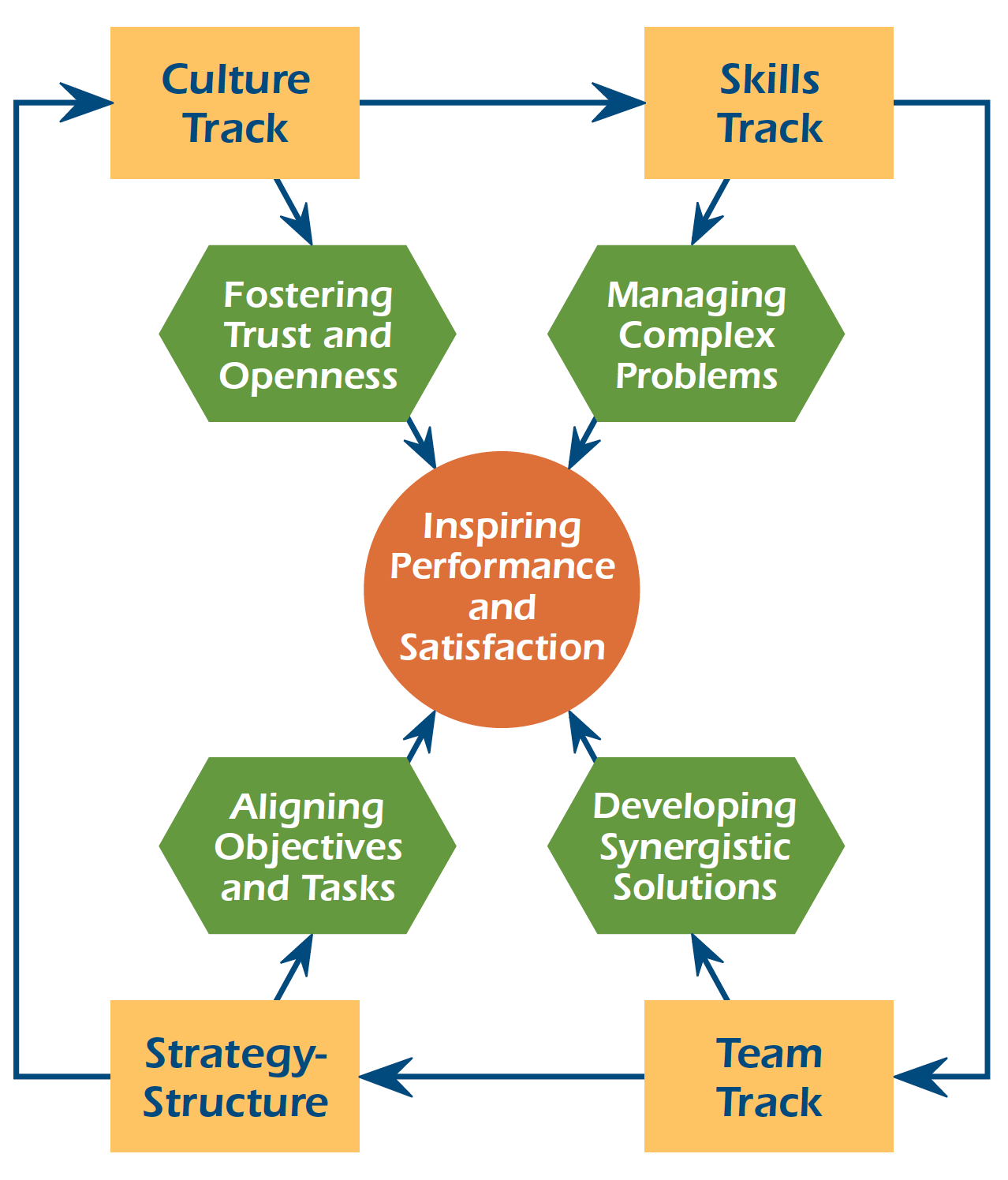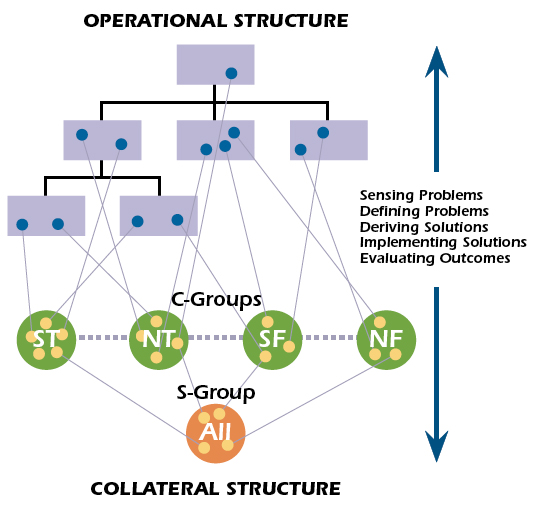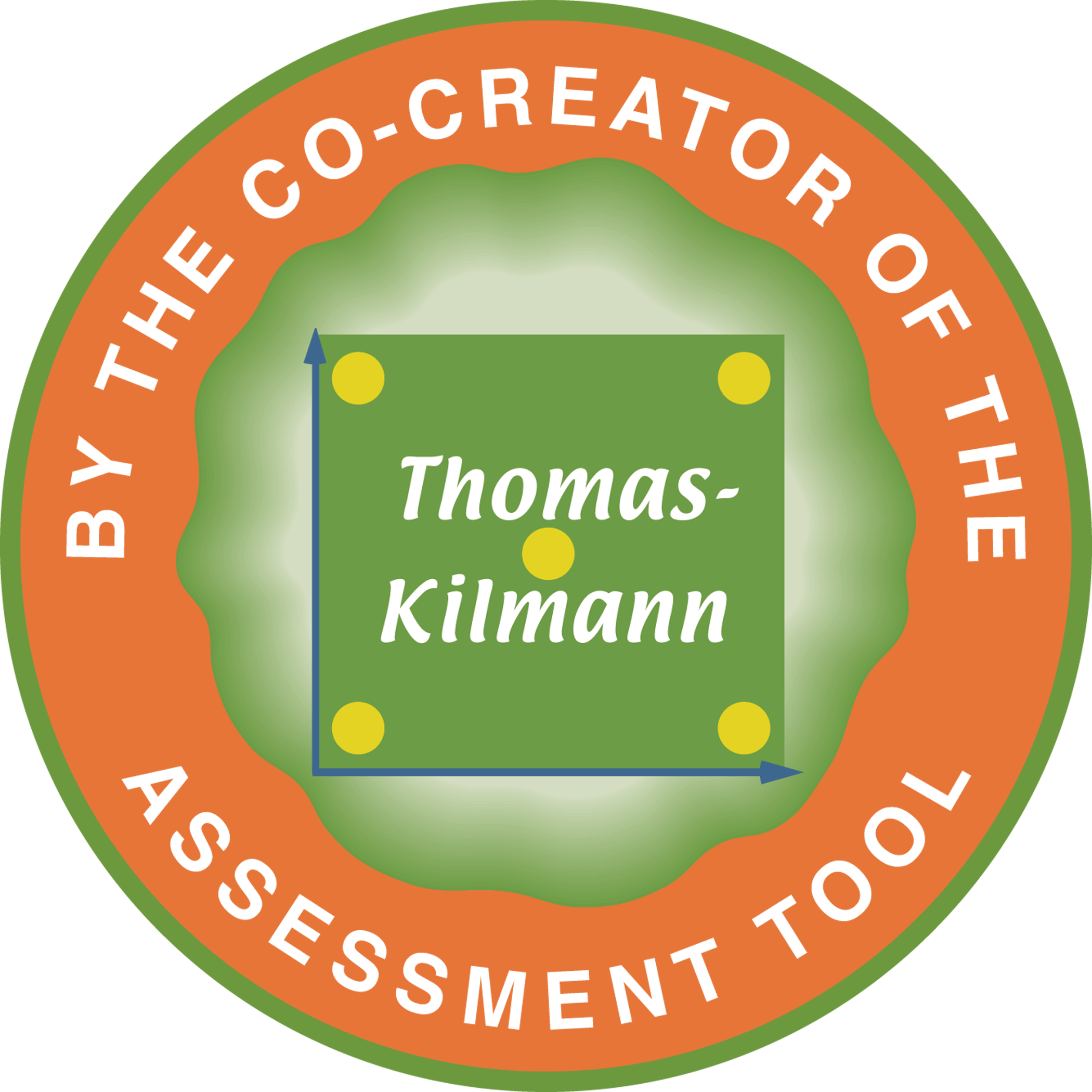07 Jan Resolving Reward System Conflicts
Ralph H. Kilmann, co-author of the Thomas-Kilmann Instrument (TKI)
At the heart of every reward system is a list of hidden assumptions about these fundamental questions: What is motivation? What is a reward? What is performance? What is measurement? And, accordingly, how should the organization motivate high performance — measured accurately — with its extrinsic and intrinsic rewards?

At the soul of every reward system conflict is how different people answer those reward system questions. Indeed, if you put together a group of diverse members and ask them their reward system beliefs, you’ll get a heated debate with lots of emotion, but no resolution.
So how do we resolve these close-to-home conflicts and thereby design a reward system that provides greater satisfaction — and higher performance — for many more members? Not surprisingly, I make use of the MBTI and TKI to first magnify reward system conflicts and then effectively resolve them.
Once a diverse group of members (from different areas, levels, and locations in the organization) have gone through the first three tracks of quantum transformation (and thus have established a healthy culture, learned effective problem management skills, and can work well with diverse others with cooperation and teamwork), it’s possible to establish a Problem Management Organization (PMO) that can address reward system conflicts.

From HR experts, the twenty five or so members of this PMO first receive the latest knowledge on motivation theory, intrinsic and extrinsic rewards, how to define and measure performance, the difference between results and behavior, and the legal and technical requirements of reward systems (based on local, state, and federal laws and regulations). With this common background, the twenty-five members are sorted into their four type groups (ST, NT, SF, and NF) and are asked to develop the broad parameters of a new reward system.

As expected, the four type groups come up with four vastly different systems that, in essence, answer the core reward system questions very differently. Each type group is then asked to uncover and then analyze the assumptions behind its proposed reward system, which include assumptions about human nature, what people want from their organization in exchange for various intrinsic and extrinsic rewards, and what leads to organizational success and personal satisfaction.
Following community presentations and debates (across the four type groups) of the different assumptions behind each of the four reward systems, two members from each type group (who together, as an average, have balanced TKI profiles) form a synthesis group. In this integrative group, the unresolved reward system conflicts are sorted into the five modes: Which conflict mode is needed to properly address each unresolved issue? Not surprisingly, the most important reward system conflicts (and assumptions) that fundamentally divide the four groups are listed under the collaborating mode. But at least one issue is always sorted into the other four modes.
The synthesis group then addresses each unresolved issue with its assigned conflict mode, applying that mode with the skill and sensitivity that was learned during the first three tracks of the change program. Having previously established the necessary culture, skills, and teamwork, the synthesis group then develops a meaningful resolution of the community’s reward system conflicts.
Although a synthesized reward system is never perfect, it usually resolves the conflicts far beyond the constant hallway bickering that has taken place in the past. In fact, when the synthesis group reminds itself of their initial reward system conflicts, they realize that those conflicts had been previously approached with (1) little understanding of the critical reward system questions, (2) a lot of ignorance about all the false assumptions behind their erroneous beliefs, and (1) no opportunity to have magnified and then resolved the most divisive beliefs about reward system practices.
Kilmann Diagnostics offers a series of eleven recorded online courses and nine assessment tools on the four timeless topics: conflict management, change management, consciousness, and transformation. By taking these courses and passing the Final Exams, you can earn your Certification in Conflict and Change Management with the Thomas-Kilmann Instrument (TKI). For the most up-to-date and comprehensive discussion of Dr. Kilmann’s theories and methods, see his 2021 Legacy Book: Creating a Quantum Organization: The Whys & Hows of Implementing Eight Tracks for Long-term success.




